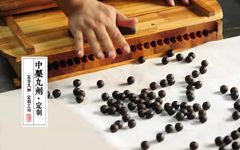The history of traditional Chinese medicine (TCM) spans thousands of years. Under the guidance of TCM theories, ancient sages continuously created and applied various forms of Chinese herbal preparations, accumulating extensive practical experience, resulting in the diverse types of Chinese herbal formulations we have today. Traditionally, common forms of Chinese herbal preparations include pills, tinctures, teas, tablets, elixirs, powders, and ointments, each with its unique characteristics. Today, we will briefly discuss one of the most frequently encountered types of Chinese herbal preparations in pharmacies—pills.
Classification of Pills
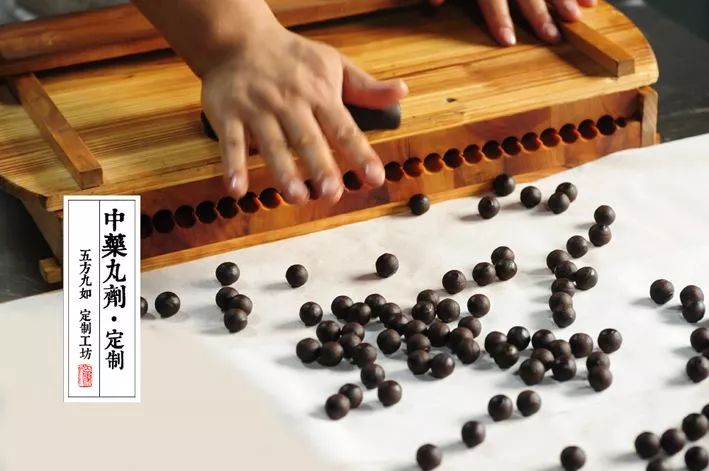
Pills are solid preparations shaped into spherical or quasi-spherical forms made from finely powdered herbs or herbal extracts combined with suitable binders or excipients. They are one of the oldest forms of Chinese patent medicine. Depending on the type of binder used, pills can be classified into Honey Pills (Mi Wan), Water Honey Pills (Shui Mi Wan), Water Pills (Shui Wan), Paste Pills (Hu Wan), Concentrated Pills (Nong Suo Wan), and Micro Pills (Wei Wan).
Honey Pills (Mi Wan)
Dry Cough
Herbs are ground into a fine powder and then fully bound together using honey as a medium to create honey pills, which are the most widely used in clinical TCM practice. Pills weighing 0.5 grams or more (including 0.5 grams) are called large honey pills, while those weighing less than 0.5 grams are called small honey pills. Honey is rich in nutrients and has functions such as moistening the lungs and relieving cough, as well as promoting bowel movements. It also has a soft texture, slow absorption, and mild effects.
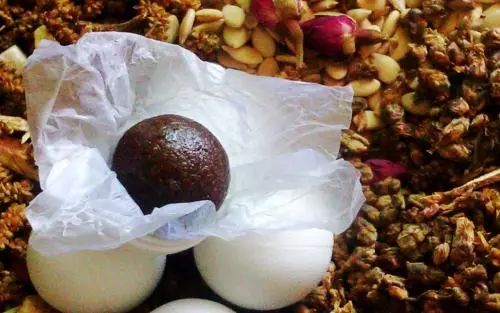
Typically, tonic herbs, pediatric medications, and valuable herbs containing volatile components are often made into honey pills.
Water Honey Pills (Shui Mi Wan)
Finely powdered herbs are mixed with water and honey in appropriate proportions to serve as a binder. The characteristics of water honey pills are similar to those of honey pills, with slow and lasting effects. However, due to the lesser amount of honey used compared to honey pills, they have lower moisture content, making them easier to store and consume. They are often used for tonic herbs, such as the Buzhong Yiqi Wan (补中益气丸).
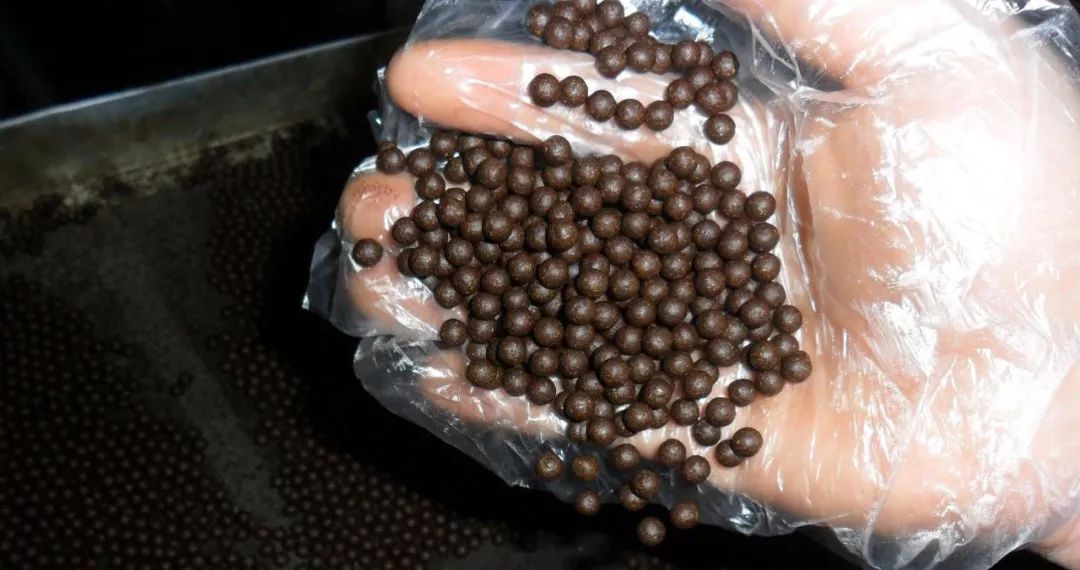
Water honey pills are currently widely used, especially in southern provinces with more humid climates, where more manufacturers produce them.
Water Pills (Shui Wan)
Finely powdered herbs are made into pills using water, vinegar, herbal juice, or yellow wine as binders. Water pills can also be coated if necessary. They are small in size, with a dense and smooth surface, making them easy to swallow and resistant to moisture.
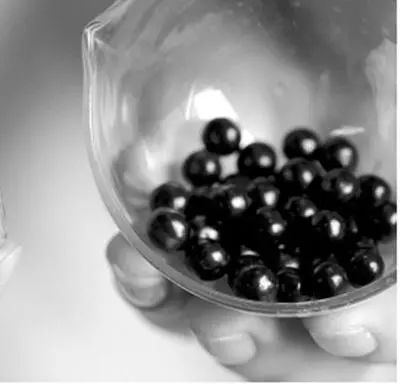
Due to their higher moisture content, water pills can mask the unpleasant odors of certain medicines.
Concentrated Pills (Nong Suo Wan)
All or some important herbs are decocted to extract their decoction, which is then combined with appropriate excipients or powdered herbs to form the preparation.

A certain famous celebrity has popularized a specific concentrated pill, making it well-known, but in fact, all concentrated pills do not contain sugar.
Paste Pills (Hu Wan)
Finely powdered herbs are made into pills using rice paste or flour paste as a binder. Paste pills are hard in texture, dissolve slowly in the body, prolonging the medicinal effect while reducing gastrointestinal irritation. Stimulating or toxic herbs are best made into paste pills.
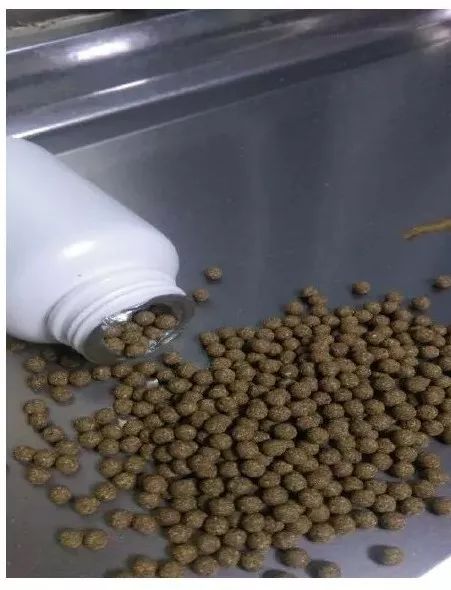
Due to the addition of rice or flour paste, paste pills generally do not appear black or brown.
Wax Pills (La Wan)
Finely powdered herbs are made into pills using beeswax as a binder. Wax pills are one of the long-acting forms of Chinese patent medicine, melting extremely slowly, which can prolong the medicinal effect and prevent toxicity or strong irritation to the stomach.
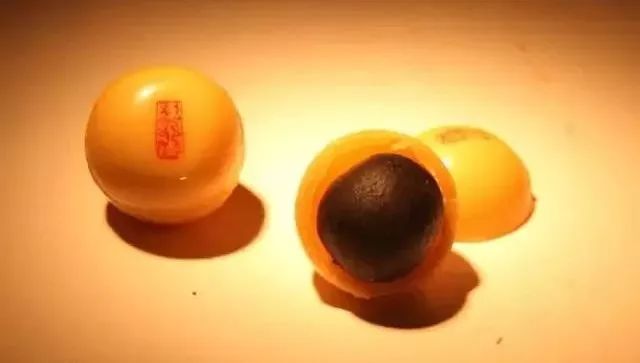
Wax pills are different from wax-sealed pills, and pure wax pills are rarely seen on the market.
Micro Pills (Wei Wan)
Finely powdered herbs are made into pills using water or wine, or coated with herbal powder, using modern technology. Micro pills have a diameter of less than 2.5 millimeters, are small in volume, require small dosages, are easy to take, and have stable absorption.
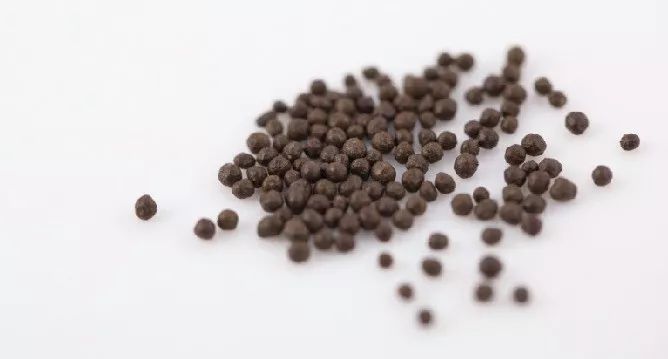
The production process of micro pills is relatively complex, and they are often made from valuable or finely processed herbs.
In summary
Pills are slow-acting: after ingestion, pills require a certain amount of time to dissolve and disperse, gradually being absorbed by the body. Therefore, pills have a slower onset of action but a longer-lasting effect, which can reduce the unpleasant odors of some herbs. They are currently the most commonly used form of Chinese patent medicine. However, pills also have certain drawbacks, such as requiring a large dosage and being inconvenient to take, especially for children.
1. “My nose is blocked again” Causes and medications for common rhinitis in autumn and winter
2. Absolutely comprehensive! Analysis of causes and medications for reflux esophagitis and gastritis!
3. Symptoms and causes of common colds and medication choices
4. “It hurts so much” Symptoms of hemorrhoids and related medications
5. “Ouch, my stomach hurts” How pharmacy professionals recommend medications for stomach diseases!

Little Wen’s Café∣ A cup of coffee for you to think and read
Love medicine, but also love life
Long press the QR code + recognize the QR code + follow

